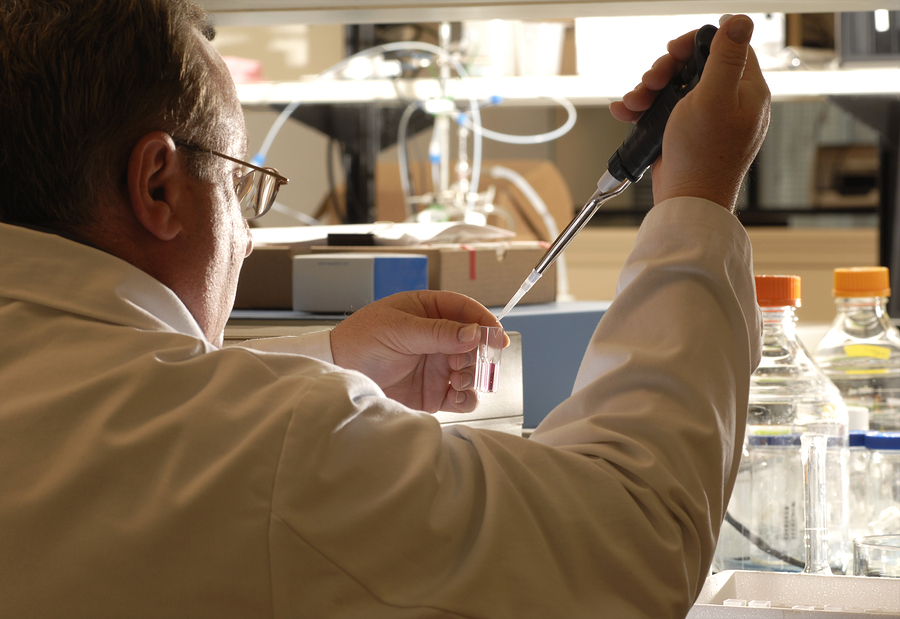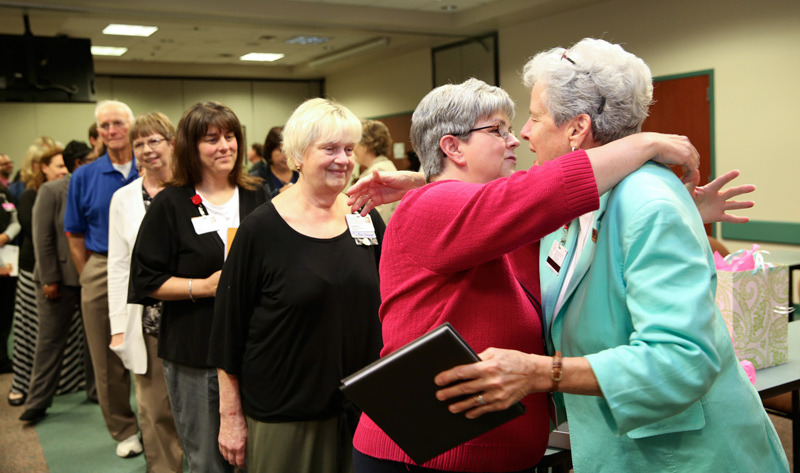
A largely unheralded event took place in Albuquerque in mid-November. It had nothing to do with the city’s famed petroglyph tours or hot air balloon fiesta. Rather, it was an international conference which gathered deans of engineering schools, engineers, industrial leaders, politicians, heads of NGO’s, stakeholders and students. The theme was Peace Engineering.
It was the eighth such conference. Its focus has enough currency for schools like Stanford, Drexel, and St. Thomas in Minnesota to establish degree programs in this new discipline.
Peace engineering is an applied science, with part of its application being the mathematical, scientific, and technological skills required for aeronautical engineering, mechanical engineering, electrical engineering, civil engineering, biomedical engineering, etc. The other part of its application has to do with ethics and the human imagination.
We’ve become accustomed to factoring environmental impact into proposals to build. And we’ve designed wetlands remediation and land swaps to meet standards. But we often fail to consider other practical issues which both theoretical and applied science ought to raise.
Those gathered at the Peace Engineering conference were looking at breakthroughs in technology and engineering and their potential effects on bioregions, climate, racial and ethnic minorities, and the poor. The participants were challenged to innovate on behalf of human health and wealth, equity and opportunity, all with the intention of building a better world.
Catholics have been asking and addressing questions on such topics for centuries. In contemporary medicine, we’ve deemed organ donation and organ transplants good, as long as organs are harvested appropriately and patients give informed consent. We’ve accepted all sorts of pharmaceutical, rehabilitative, and surgical procedures as long as they exhibit reverence for human life, womb to tomb, and offer positive benefit.
Similarly, we’ve embraced multiple enhancements to our work and home lives, thanks to advanced means of transportation, electronics, information technology, and robotics.
But we’ve also been challenged by developments which are morally abhorrent: the development of nuclear and other anti-population weaponry, legalized abortion and euthanasia, reproductive interventions counter to our natural law tradition, innovations in brain-washing and torture, dubious medical experiments, and widespread access to pornography.
Peace engineering invites students and practitioners to consider the ramifications of their discoveries and skills. It invites them to ask a basic question about the newly possible: Should we do everything we can do? Should we frack? What should we dump in our waterways or spew into the air? Is off-shore drilling a good idea? How can the power of atoms, wind, water, and the sun be positively harnessed? Which medical inventions are therapeutic, and which ones are excessive and intrusive? Who gets to determine the limits of our massive potential, and who monitors activities and outcomes?
Whether we’re engineers or cosmetologists, health care providers or mechanics, entrepreneurs or ordinary consumers, all of us have the responsibility to look into the ethics and both short-range and long-range effects of the innovations we accept and the practices in which we engage.
When we do so conscientiously, we just might advance the cause of peace on earth.
Sister Pamela Smith, SSCM, is the Secretary for Education and Faith Formation at the Diocese of Charleston. Email her at psmith@catholic-doc.org.




